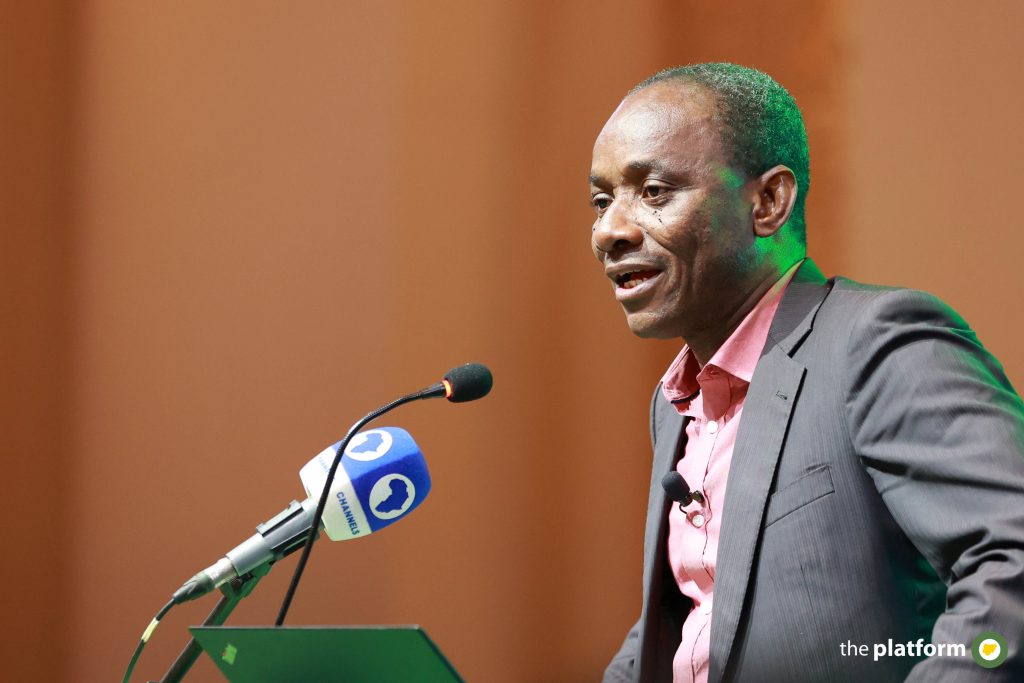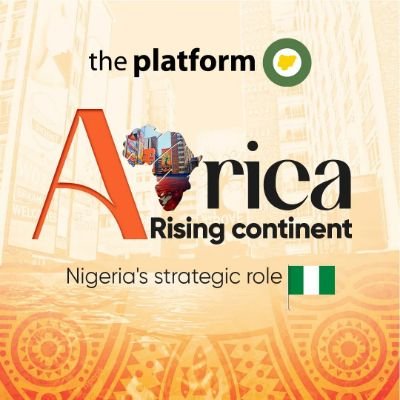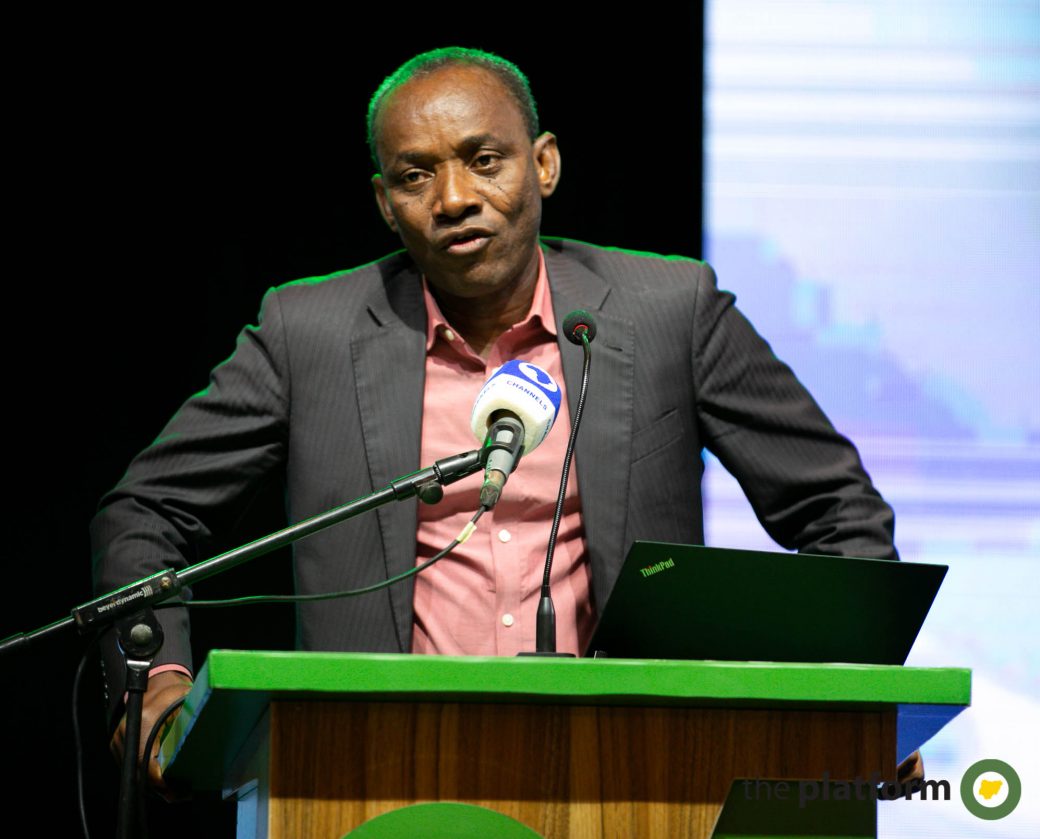He stated that his approach will be more critical than motivational. He questioned the typologies of failing or failed countries as compared to the Nigerian situation. He explained that to seek out a better Nigeria would require a few incremental tweaks, however, to seek instead a new Nigeria would require a radical change.
In studying the solution to this serial failure of the Nigerian State (given it has had several opportunities to reform its current state but has failed) Dr. Sam Amadi states that underdevelopment can be traced to its structure. A path dependence where a nation sticks to the same direction with few tweaks but never gets anywhere because they adapt to the deviations. He illustrated the impact of this using the analogy of a plane. If a plane flying out of its coordinates might make a wrong slight adjustment, in the long term it will take the plane completely out of its route. Therefore, adjustment to that deviation causes the country to become a different country entirely. In the case of China, Chairman Mao’s reforms started with deliberate cultural and economic reforms. Unfortunately, Nigeria is a trapped country that needs disruption. Disruption would create the disorder that if properly orchestrated by effective leadership would create a new country.
This effective leader should take the following four steps to counter the crisis Nigeria is going through:
The crisis of Nationality: Nigerians need to be properly schooled on national unity. The idea of the Nigerian nation needs to be deliberately woven together to highlight with clarity the civic dimensions of state and the ethnic dimension of personality engendered in citizenship. The Nigerian constitution constructs the definition of citizenship from the premise of ethnicity, and this does not foster the integration required for unity. That incoherence has frustrated development.
The crisis of state and religion: Nigeria needs to create a way to manage religious pluralism. A modern state requires this to manage multi-ethnic and religious citizens. The leadership needs to be intentional about determining that the state is either secular or religious, as this is another source of incoherence that colours the Nigerian public policies. Nigeria is either a modern democratic state or a neo-feudal theocratic state, it cannot be both. Countries that mainstream religion into their state affairs are rarely stable.
The Crisis of Productivity: Moving from consumption to production requires the state to be deliberate about engaging all her citizens in equal opportunities. A system constructed around patronage, where institutions are built around what people can get by privilege and not merit, creates another incoherence. To provide a meritocracy, a coherence of the country’s vision and systems is key. A modern economy is built around certain core values
Egalitarianism. The Nigerian public policy presents as neo-feudal as there are inequalities in development all around the country. It is elitist in its approach and therefore inimical to the egalitarian requirements of a thriving modern economy. Meritocracy values work and productivity over privilege and therefore all are seen and treated equal. The state must be deliberate in creating wealth and opportunities. He illustrates this with the presentation of Oxfam who express the budgetary allocations of Nigeria as elitist/ A budget that has an elitist agenda neglecting the socio-economic issues of the mass of its people.
Entrepreneurship.
To solve these problems, the new leadership would need to do the following:
Diagnosis: To carry out a technical, in-depth diagnosis, that will uncover the underlying issues. Instead of avoiding the problems and optimistically hoping it gets solved. Leadership is contextual and at the moment the need for Nigeria is someone who can redress foundational issues.
Restore Value: The credibility of these leadership will be determined on how they can communicate and mobilize value.
Build a formidable team: One who can bring together people who not only have grand visions but can build and address issues.
Realignment and re-allocations: Leaders must be able to create consonance and harmony as they communicate the need for change. They must know that construction must follow disruptions. Simple accountability frameworks need to be built around leaders by themselves to ensure effective decisions are made, and the leaders can be sanctioned.


